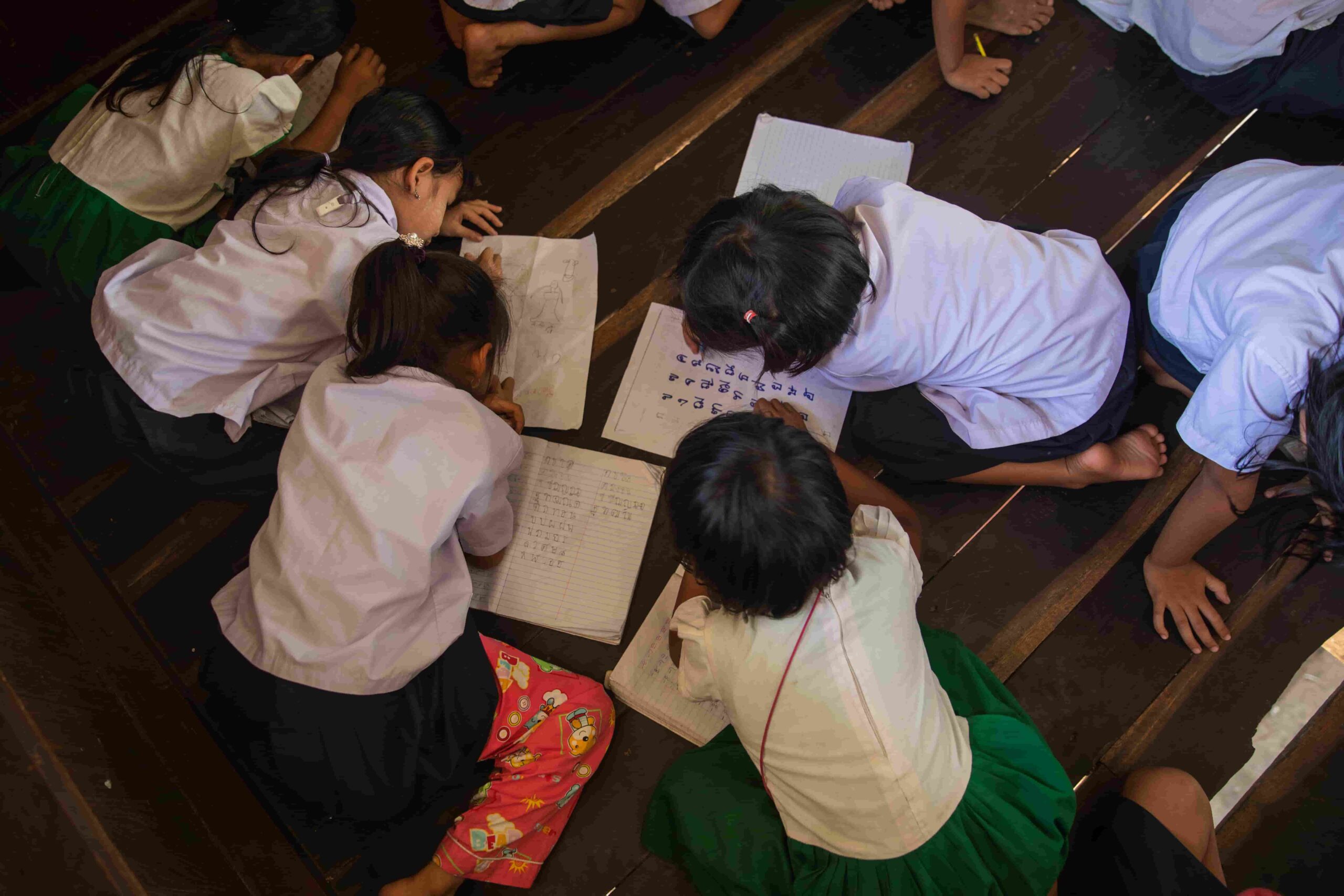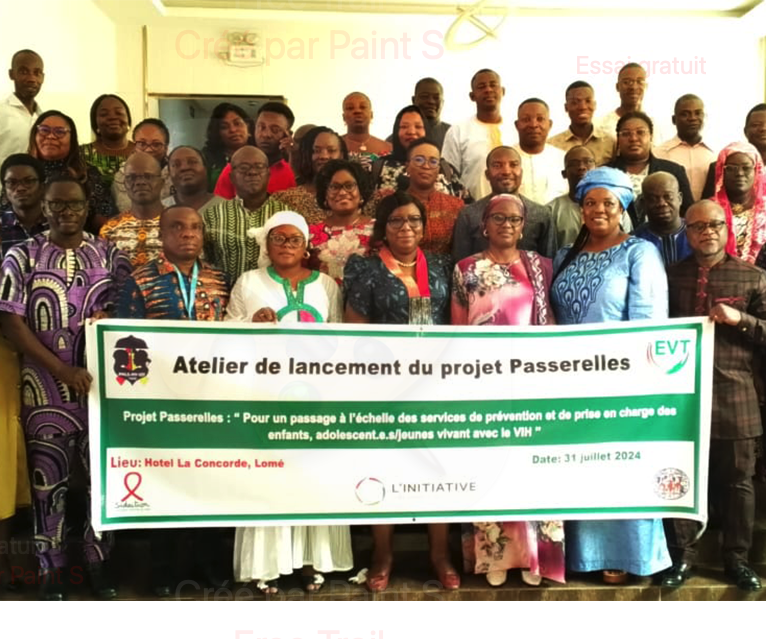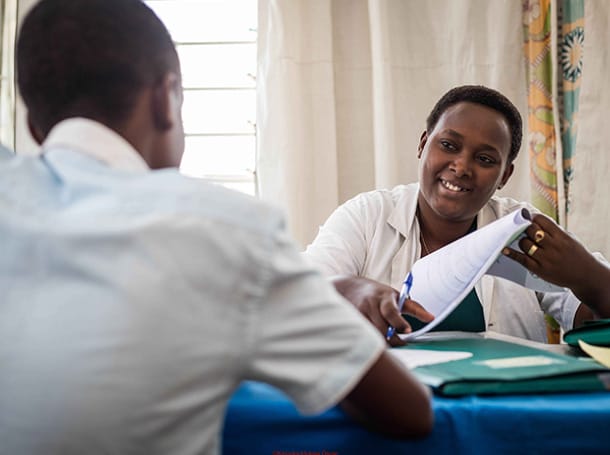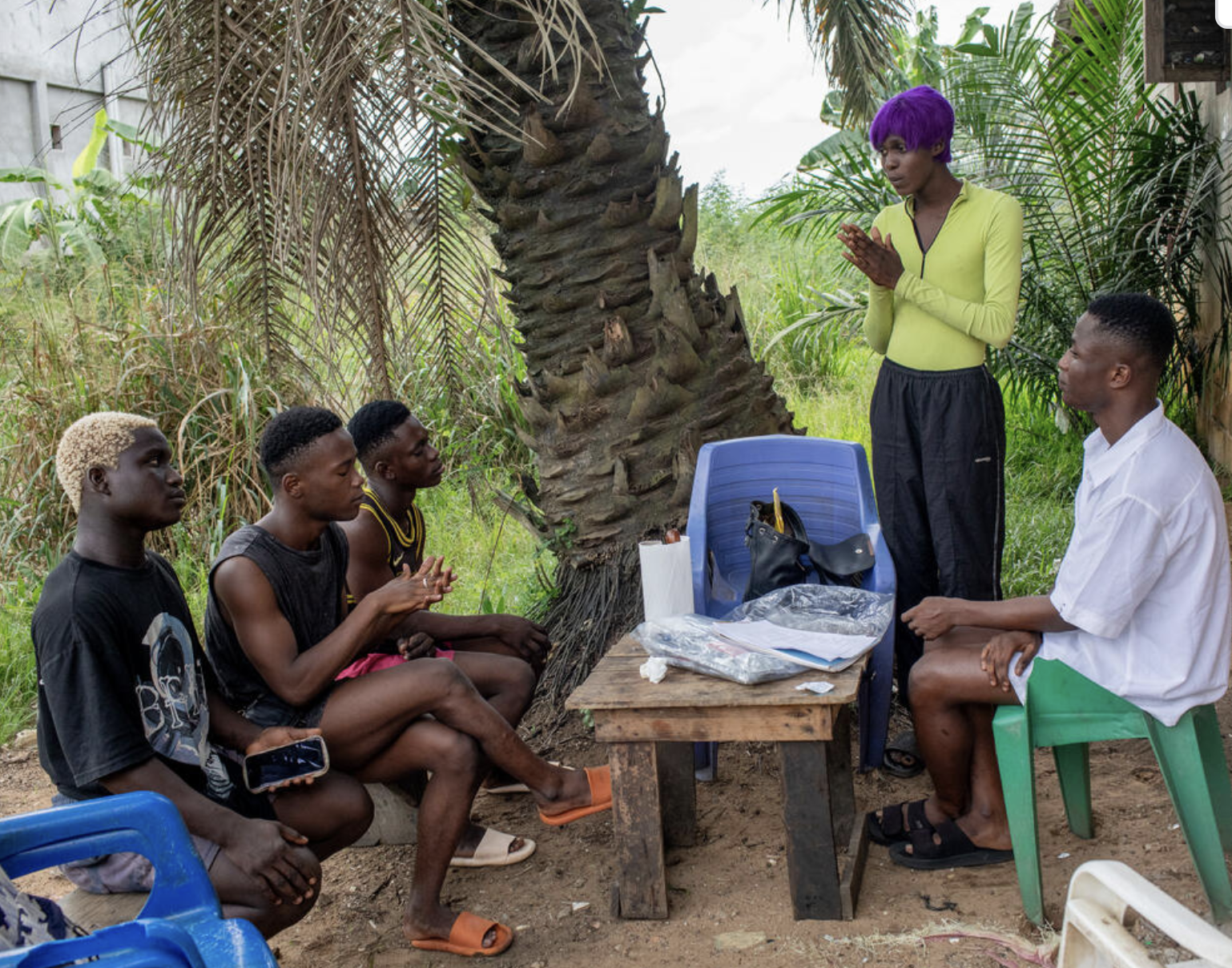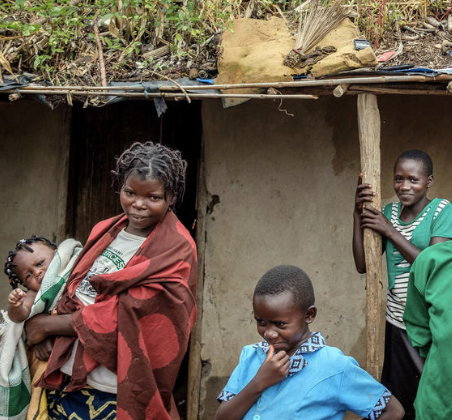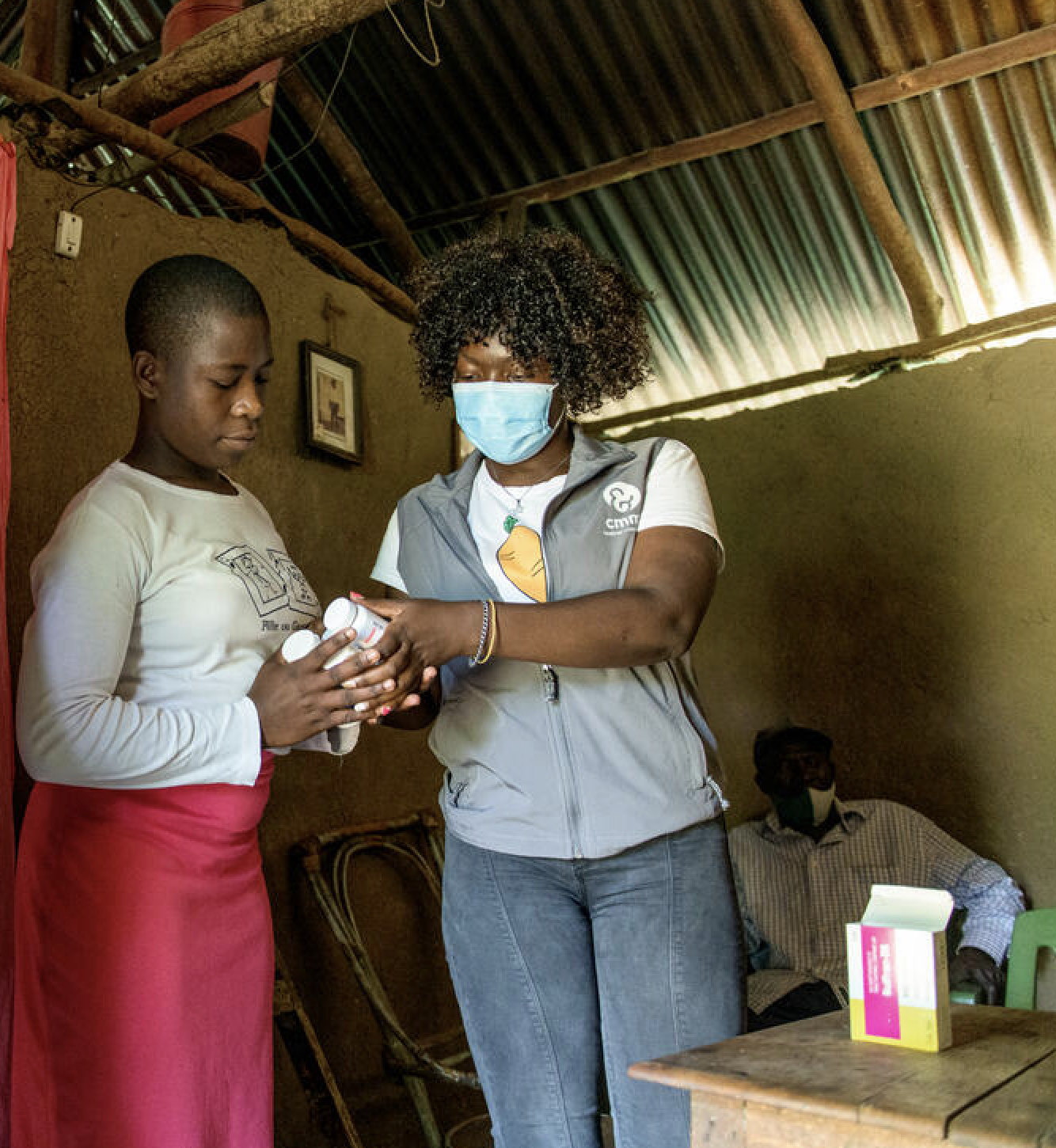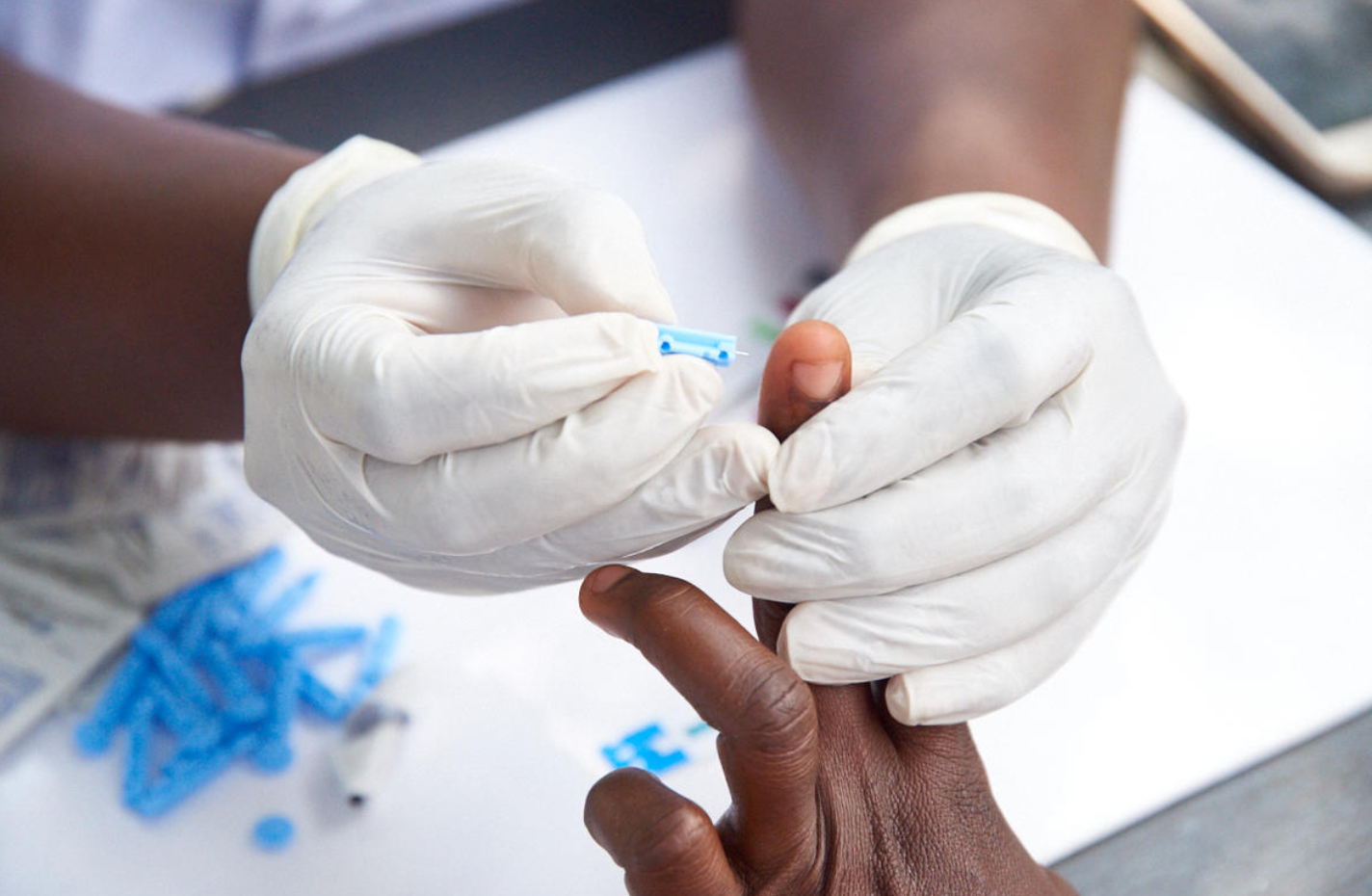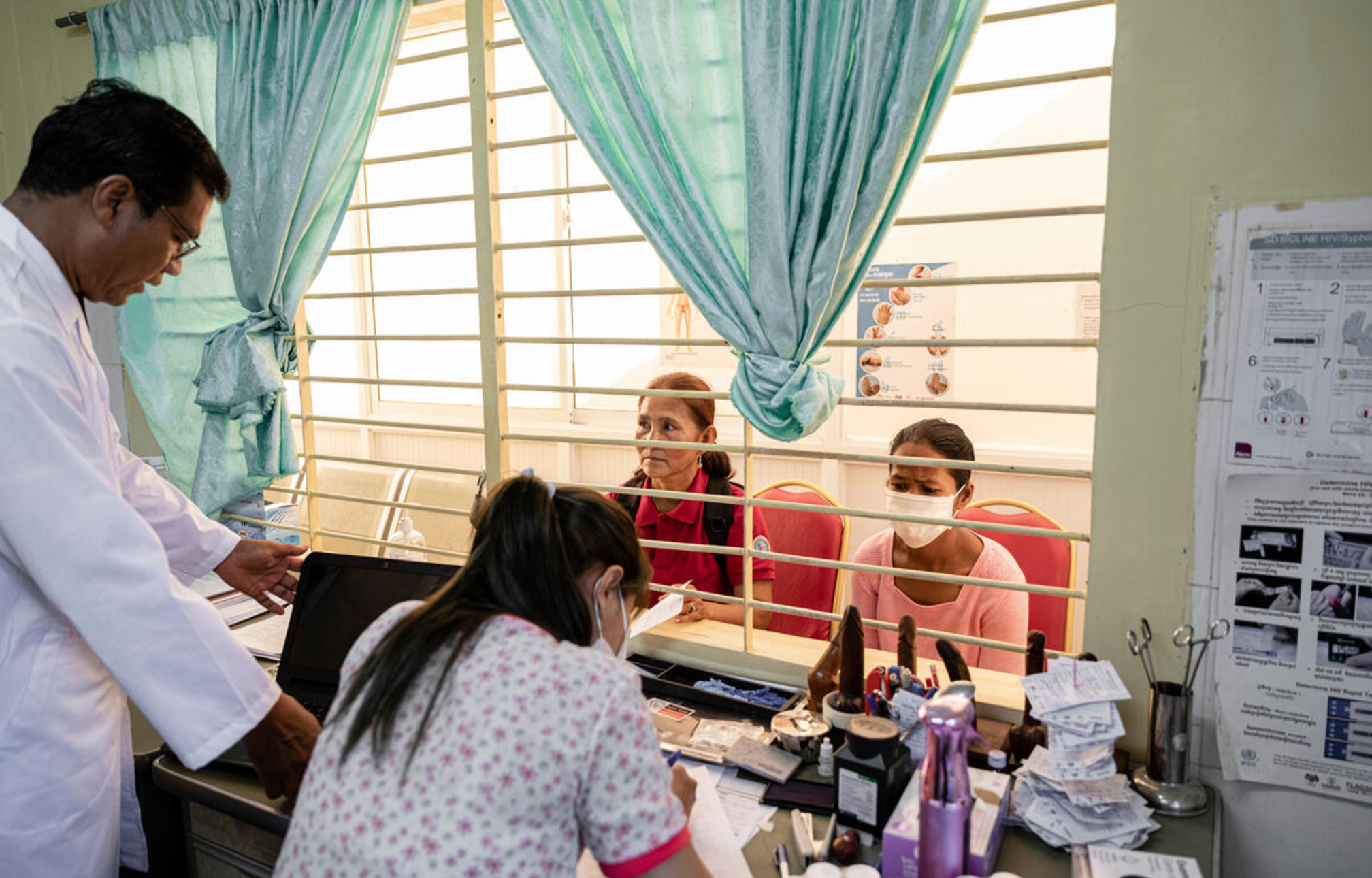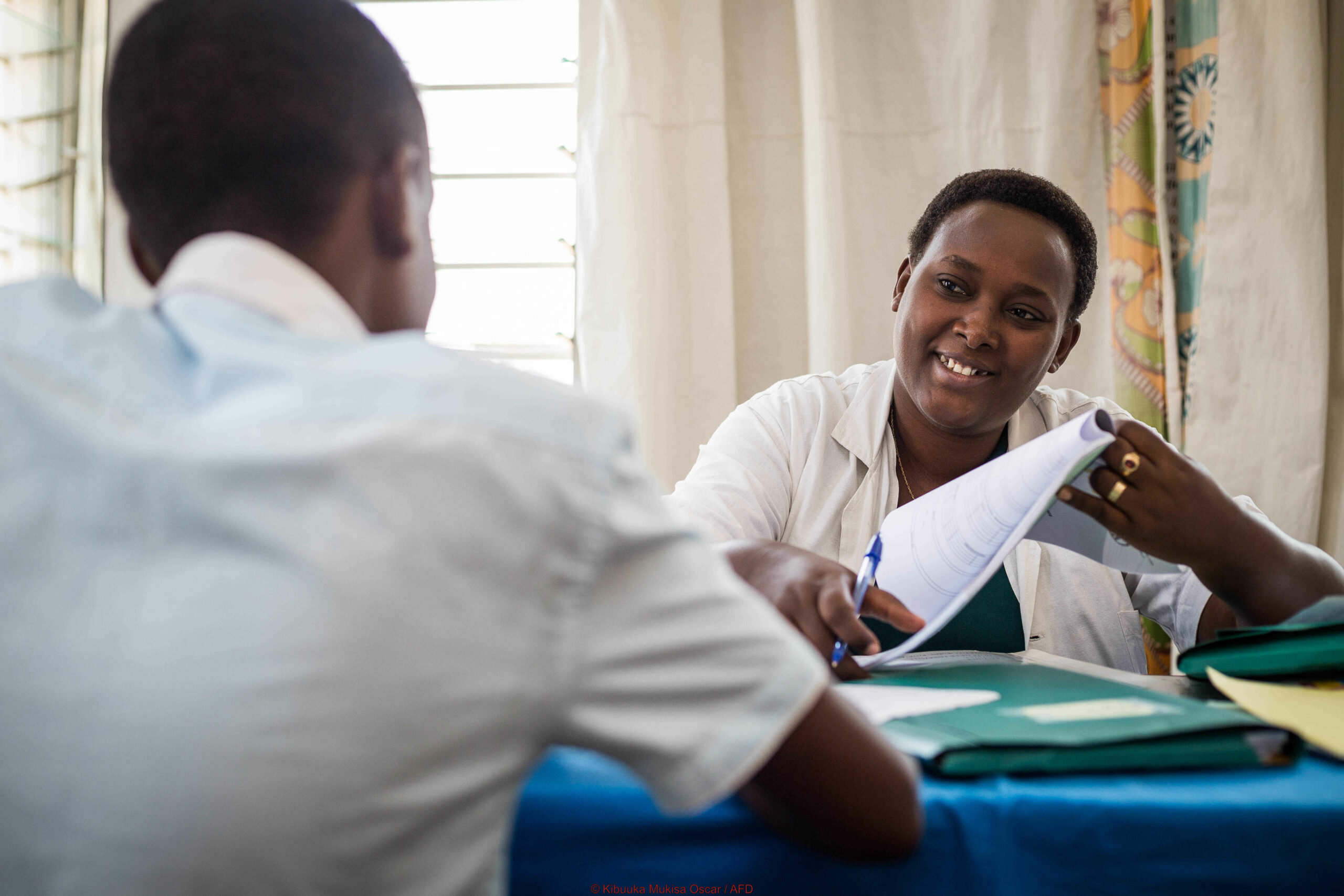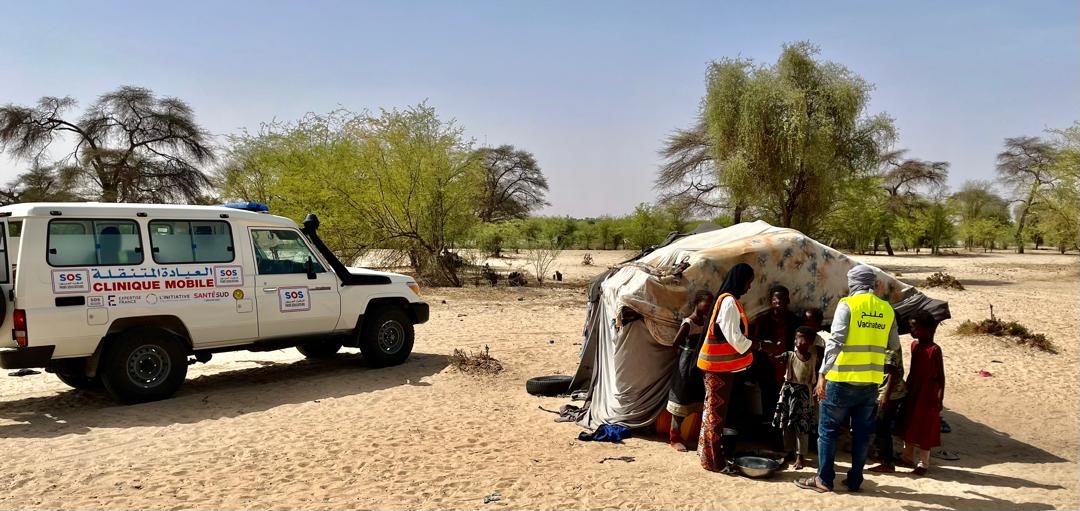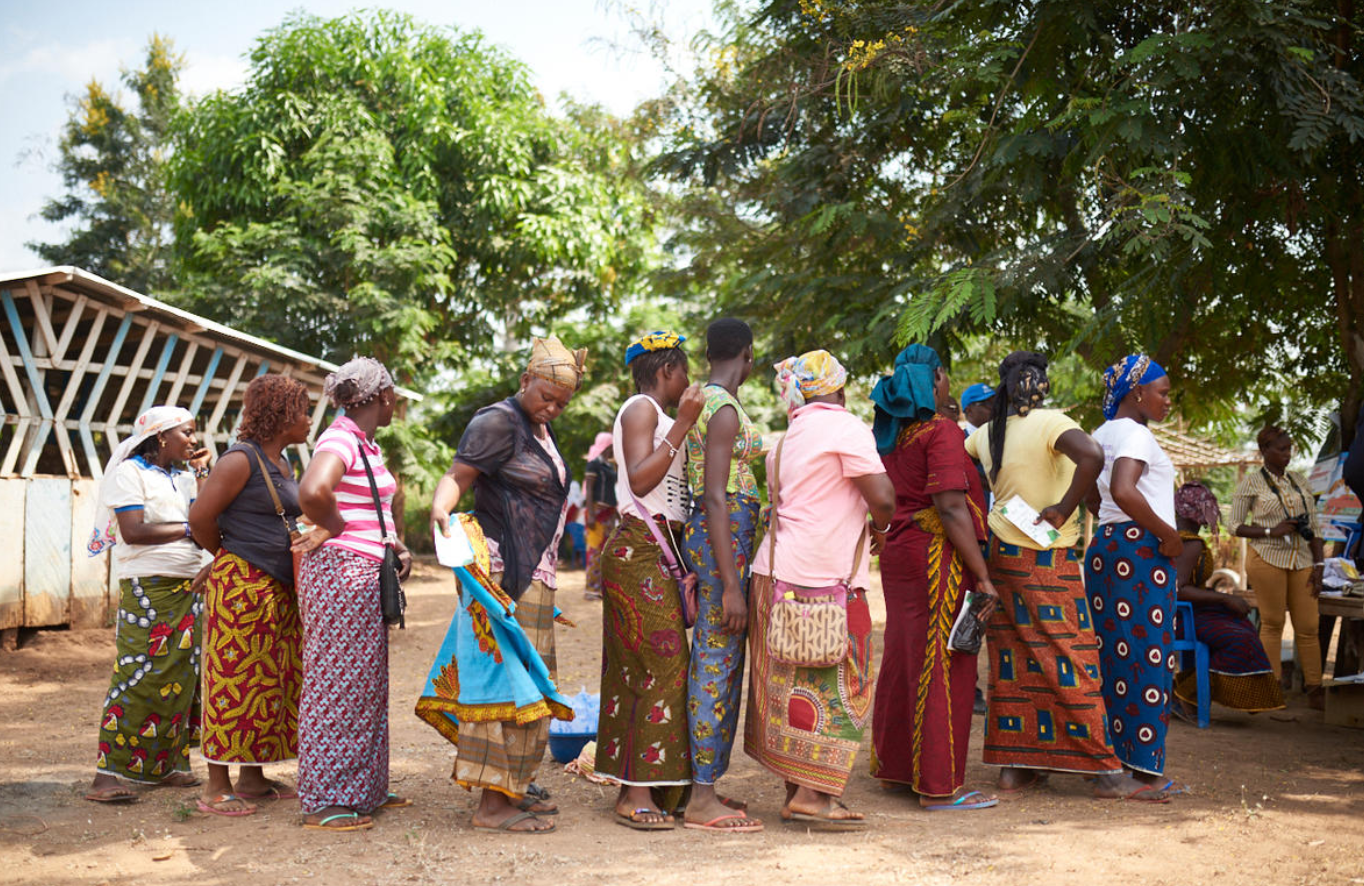For over three decades, APCASO, as a regional network, has been actively engaged in advocating for and enhancing community systems to address pandemics in the Asia-Pacific region, ensuring equitable access to healthcare for the most vulnerable individuals.
APCASO has been working for over 30 years to strengthen community systems and facilitate access to healthcare for the most vulnerable. This network, based in Thailand, brings together, supports, and coordinates community and non-governmental organizations from twelve countries in the Asia-Pacific region, as the association KHANA in Cambodia.
Established in 1992, the organization underwent a transformation of its strategy in 2015, while relocating its headquarters from Kuala Lumpur to Bangkok. Initially it was focused on ending the HIV/AIDS epidemic, nowadays it has expanded its ambitions. APCASO aims to act as catalytic platform to contribute to more just and inclusive societies that respect and advance the rights of the most vulnerable communities, particularly within the sphere of health and social justice.
In addition, the network serves as platform for the Global Fund in the area, and as such, its mission is strengthening relations and dialogue with various community organizations, with the aim of increasing their knowledge in funding request procedures.
Regional challenges
In this region of the world, the most marginalized populations are often those most afflicted by the three pandemics. For the HIV/AIDS, for example, these key populations—sex workers, transgender people, homosexuals, drug users—account for over 90% of new infections. This is due partly to late diagnoses and lack of treatment follow-up to prevent transmission. With respect to tuberculosis, although the incidence and death rates from the disease continue declining, the region accounts for seven of the top ten countries for highest disease burden. Malaria cases also declined by 37% in the Western Pacific region, according to the World Health Organization, from 3 million in 2000 to 1.7 million in 2020. Despite these encouraging results, numerous challenges remain in eradicating these diseases.
A new and ambitious strategy
APCASO’s actions are essential in maintaining and accelerating the response to pandemics. Supported by L’Initiative, the network has developed a strategic plan for 2021-2030. This plan is built on APCASO’s accumulated experience in implementing advocacy actions and strengthening civil society capacities, and it raises its ambitions. This plan is structured around strengthening community systems, essential for reaching key populations and achieving Sustainable Development Goal number 3: “Ensuring healthy lives and promoting well-being for all at all ages.” APCASO is therefore committed to promote social justice and gender equality in health policies developed in the Asia-Pacific region, with particular attention towards mental health. To do this, the regional platform seeks to increase and sustain the funding for its actions, to continue to ensure better access to care for all in the region.
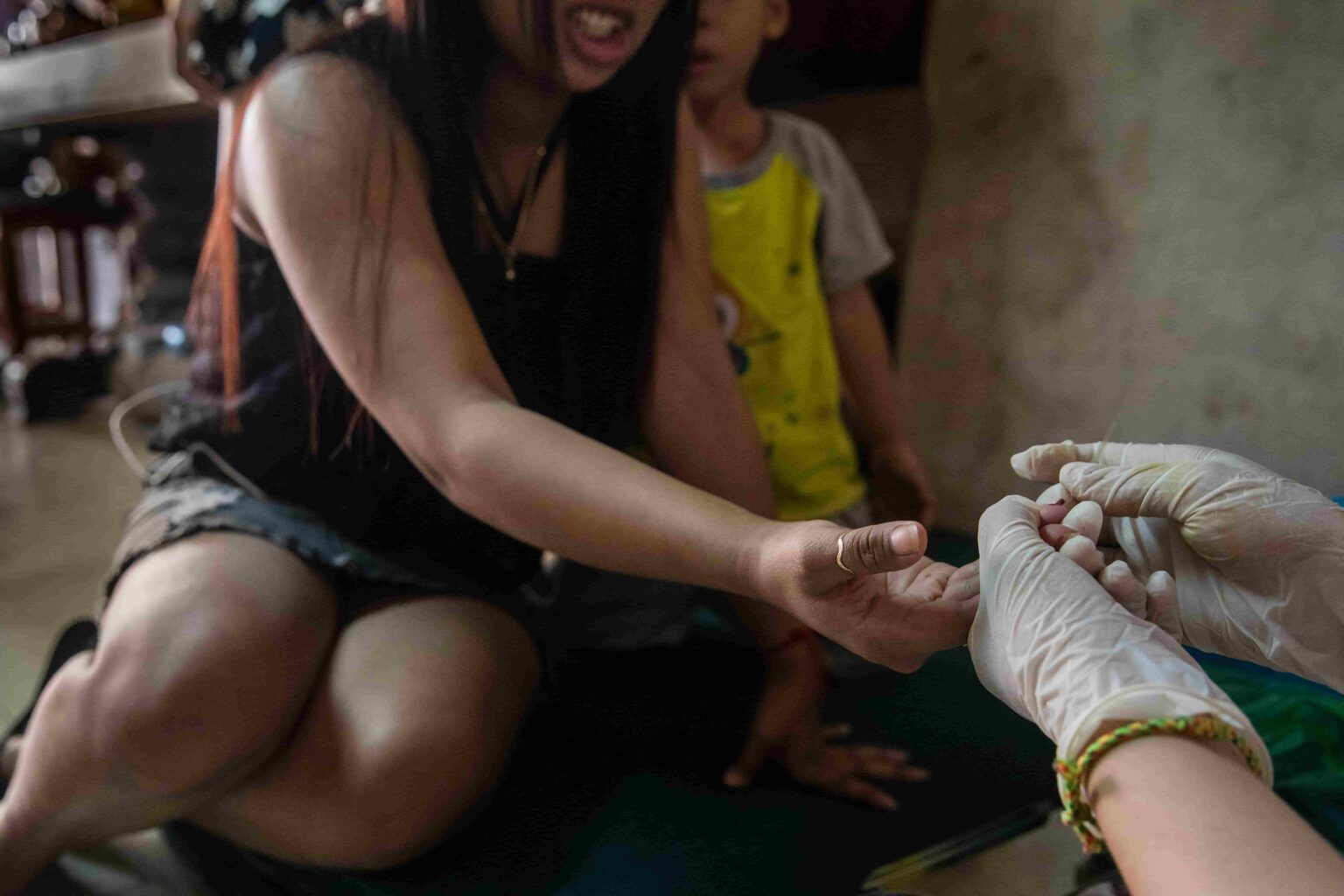
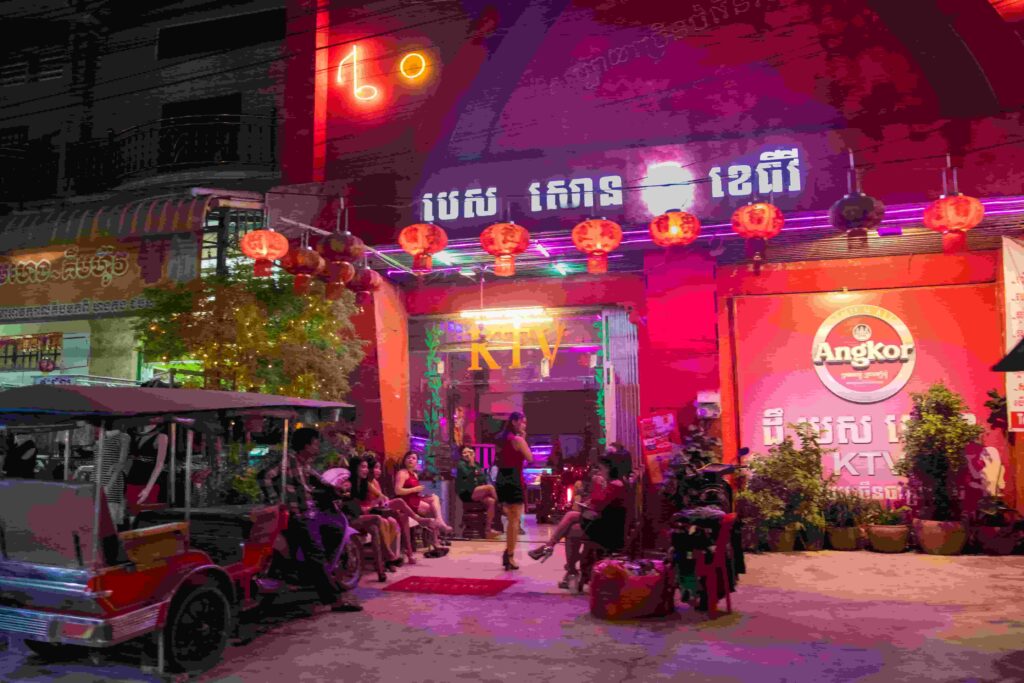
KHANA, from APCASO network implements a project with sex workers in Cambodia to prevent HIV infections and other health issues, such as preventing cervical cancer, drug use and forced consumption of alcohol.
Projects implemented with the support of L'Initiative
To achieve these goals, APCASO can count on the support of L’Initiative in many ways. In the spring of 2023, for example, they co-organized, with the support of Expertise France and the Ministry of Europe and Foreign Affairs, a major roundtable to engage in dialogue, ahead of the United Nations high-level meetings, dedicated to prevention, preparedness, and response to pandemics, universal health coverage, and tuberculosis.
Another illustration of this support is seen in the backing of the REGENERATE project, which will be deployed in Cambodia, Vietnam, and Thailand. Its aim is creating three national platforms, and one regional, for civil society to strengthen community capacities in gender equality and sexual and reproductive health rights (SRHR). These collaborative spaces will enable the emergence of leaders and the implementation of advocacy activities to integrate these topics into health policies against pandemics. In addition to the advocacy aspect, the program will fund the creation of a training institute and the development of an awareness kit and will present guidelines to facilitate collaborations between stakeholders.
Recognition of actions taken
In recent years, APCASO has received genuine recognition from its peers in the field of raising awareness and strengthening community and civil society capacities. The organizations supported can participate in decision-making and exert political influence through advocacy. APCASO also fosters the emergence of other networks, such as CS4ME, the world’s first civil society platform to fight malaria. It also implements impactful campaigns as “The universal health coverage that we want.”
APCASO will continue to work to mobilize civil society organizations and networks to provide joint responses to health challenges and promote equality and inclusion in access to healthcare, with a view to universal health coverage and contributing to disease eradication.
